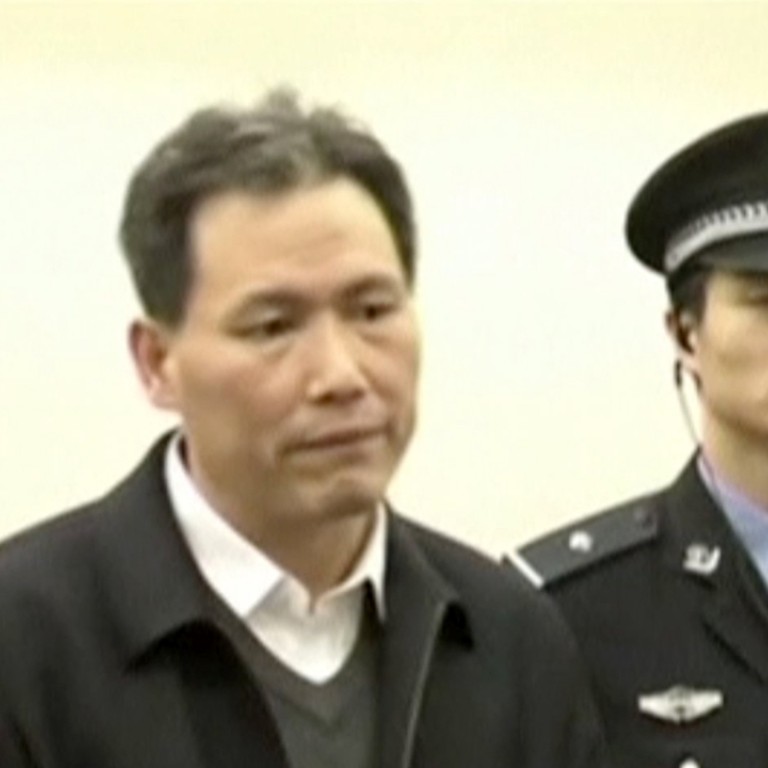
Sentence of Chinese human rights lawyer reinforces negative perception of country’s rule of law
Pu Zhiqiang faces uncertain future as suspended three-year jail sentence likely to mean the loss of his lawyer’s licence
Despite a deserved reputation for being outspoken, high-profile mainland human-rights lawyer Pu Zhiqiang skilfully avoided provoking trouble with the authorities for many years. However, Beijing’s increasingly assertive control of cyberspace and intolerance of internet freedom proved his undoing. Supporters feared the worst at his trial for “inciting ethnic hatred” and “picking quarrels and provoking trouble” in microblogs critical of government and officials over the handling of ethnic conflict. A suspended three-year jail sentence and the likelihood of a prompt release therefore came as a relief, though it was heavily qualified by time served without trial and the consequences for his career as a lawyer.
READ MORE: Chinese rights lawyer Pu Zhiqiang convicted, but to be released soon after receiving three-year suspended jail sentence
Pu’s sentence has prompted comparison with the release earlier this month of ailing dissident journalist Gao Yu, 71, on medical parole, and speculation that Beijing may have responded to international focus on these particular cases by showing it can be very tough as well as lenient.
As usual, accounts of both cases included “confessions” by the accused. Gao confessed at an appeal hearing to leaking a secret document, which reduced her sentence. According to Xinhua, Pu “proactively confessed”, an unusual expression. Moreover, it was not confirmed by his lawyers, who said Pu insisted his actions did not warrant the charges, though he admitted his online writing style could be “sharp, caustic and sometimes vulgar” and offered to apologise for giving offence.
While Gao has been spared her fear of dying in jail, Pu will reflect on 19 months’ detention without trial, and a future where, according to other rights lawyers, he will lose his licence as a result of his conviction. That would be a severe professional punishment indeed, usually associated with serious betrayal of trust such as theft of clients’ money or perverting the course of justice.
On balance, sadly, the lighter-than-expected sentence does little to alter the negative perception of China’s rule of law.

